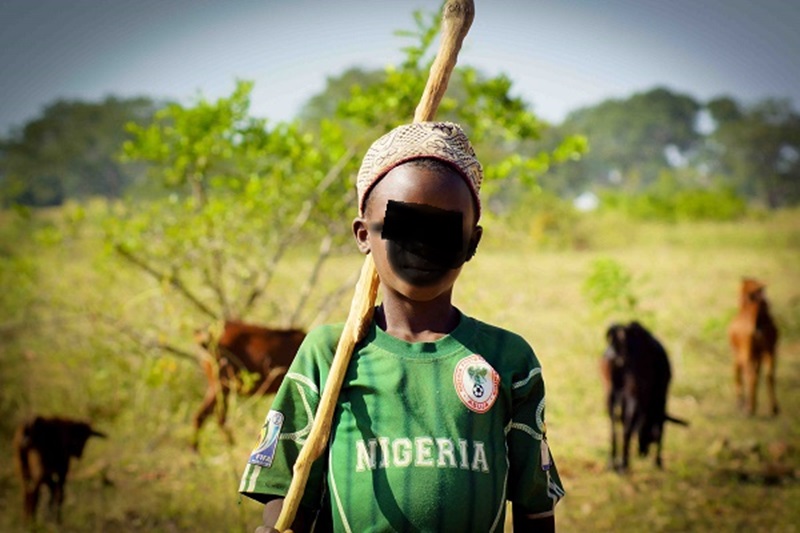The National Agricultural Development Fund (NADF) is developing a framework to finance gender-sensitive and climate-smart agriculture for women and youth in the country.
The Executive Secretary of NADF, Mohammed Abu Ibrahim during his address at a two-day workshop with the theme ‘Framework for Gender Sensitive and Climate Financing’, said the agricultural sector in Nigeria faces complex challenges, from climate change to financial exclusion, yet it also offers immense opportunities for growth and transformation.
He said to unlock this potential, there is the need to design financial products and programs that are not only innovative but also inclusive and sustainable.
“Inclusivity, for us, means ensuring that no one is left behind. It is about addressing the specific needs of women farmers, youth, and marginalized communities. It is about tailoring financial products that are accessible, affordable, and aligned with the realities of these groups.
“Sustainability, on the other hand, ensures that the programs and products we create today will remain impactful for generations to come, standing the test of time against evolving challenges like climate variability and economic shifts.
“The stakes are high, and the role of stakeholders like you cannot be overstated. You bring expertise, experience, and on-the-ground insights that are critical to shaping solutions that work. Whether you represent a policymaking body, a financial institution, a development agency, or a community group, your input is pivotal in ensuring that the outcomes of this workshop are actionable, relevant, and transformative,” he noted.
Ibrahim said the workshop, which was organized by NADF in collaboration with GIZ serves as a platform to bring together voices from across the agricultural value chain—government, financial institutions, development partners, civil society, research bodies, and community representatives.
Dr Andrea Ruediger, Coordinator of GIZ Agricultural Activities in Nigeria and ECOWAS Region the workshop aims to discuss together with the National Agriculture Development Fund and all the stakeholders how to ensure institutions in the agricultural sector in Nigeria is really responding to the many challenges at hand such as the empowering of women in the agriculture sector and also responding to climate change.
“What is important from GIZ’s point of view is that we don’t have one discussion around food security and feeding a growing population in Nigeria on one hand and a conversation about helping farmers to respond to climate change and mitigating greenhouse emission in agriculture on the other hand, but this debate should be integrated and should be held side-by-side.
“That is why we are supporting this event to think through as NADF is operationalizing its 5-year strategy as how can we not have climate-smart agriculture and women empowerment in the agricultural sector as sub-topic but mainstreaming these topics as the strategy of NADF is implemented,” she added.
The Head, of International Partnership at NADF, Naona Usoroh said the workshop was organized to get feedback from critical stakeholders; from the private sector, public sector, civil societies, farmers’ organizations and financial institutions to understand what the pain points are in developing gender-specific and climate specific financial products.
“So, getting feedback and insights from experts in the field is crucial at the NADF. We are an organization that believes in collaboration. So the essence of this exercise is to learn from the experiences of people that have played in the field around gender and climate-smart agriculture, what are the challenges, what are the opportunities and where the gaps and we want to use this learning and incorporate them into how we design, develop and deploy our products,” she explained.
She further noted that women make up the majority of the workforce in agriculture, and research has shown that they are also the group that faces the biggest barriers in terms of accessing the critical resources that they need to thrive.
She however stated that NADF recognises the critical role that women play.
“Through this kind of activity, we are going to develop products that ensure that there is inclusivity, not just for smallholder women farmers, but for also smallholder youth farmers, inclusivity in terms of access to information, finance at soft terms, access to the critical technical assistance that they need to access these NADF facilities,” she added.
ALSO READ FROM NIGERIAN TRIBUNE
Blight Epidemic: NADF screens 5000 Kaduna ginger farmers

 4 hours ago
3
4 hours ago
3












